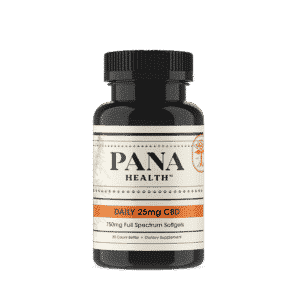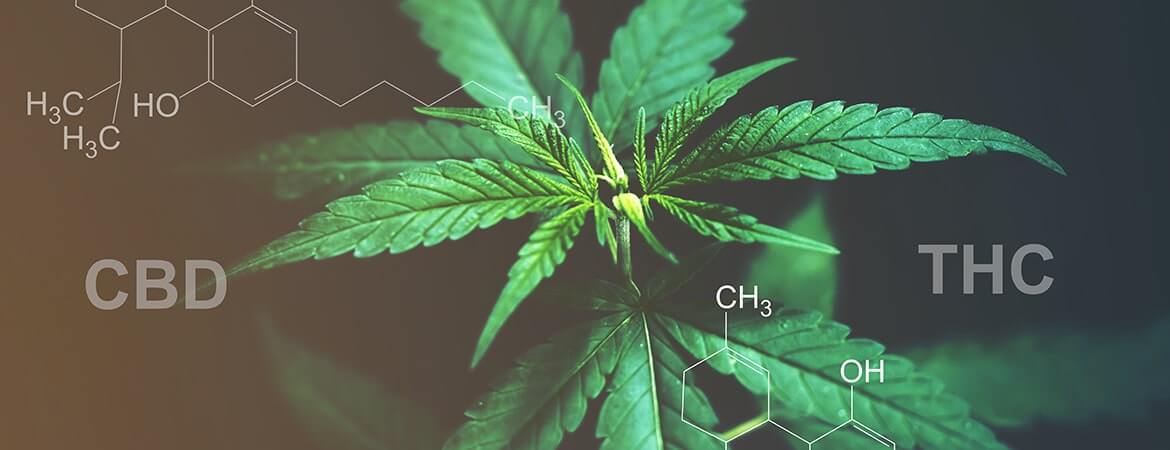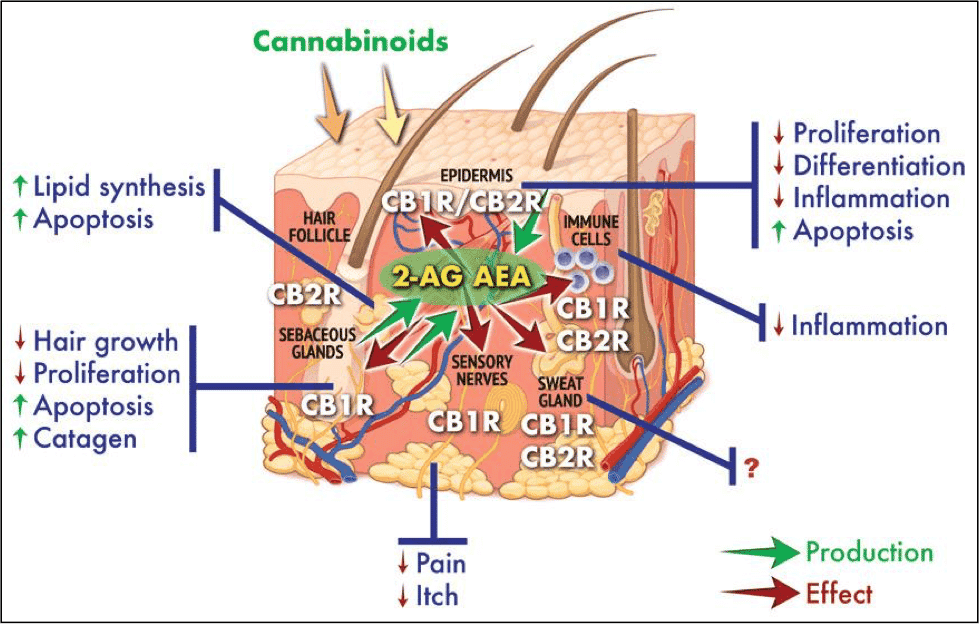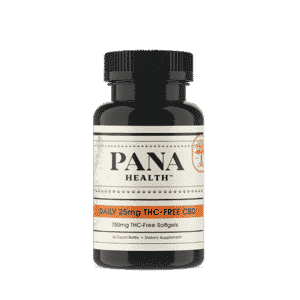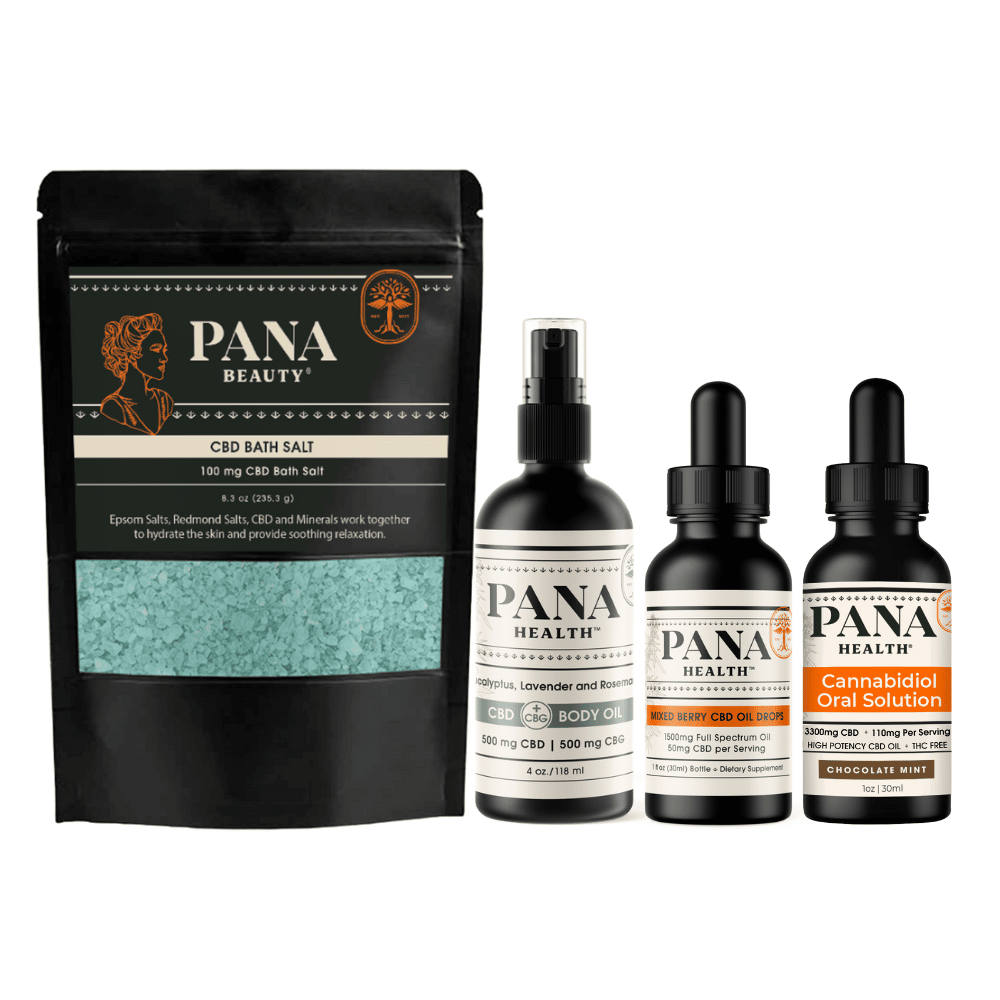One of the most frequently asked questions we receive is about safety. What are the safety concerns of THC (Tetrahydrocannabinol) and CBD (cannabidiol)? It is a very valid question to ask as well. When you are taking in anything new from vitamins to new types of food, the subject of safety always arises, as it should.
We are here to discuss those safety concerns of THC and CBD as a whole today. However, we always recommend talking with your healthcare professional before starting any new regimen. While THC and CBD are completely different cannabinoids, they both come from the same plant, Cannabis sativa. Keep reading more about both of these cannabinoids below.
Cannabinoids and safety
Before we begin the overview of the safety concerns of THC and CBD, it is important to note two things. The first is that THC and CBD are two different types of cannabinoids that come from the Cannabis sativa plant. While they do share some characteristics, the effects they have on the body are completely different. The main difference is that THC has a psychoactive effect, meaning it will get you high. While CBD is non-psychoactive, and no mind-altering effects will be felt.
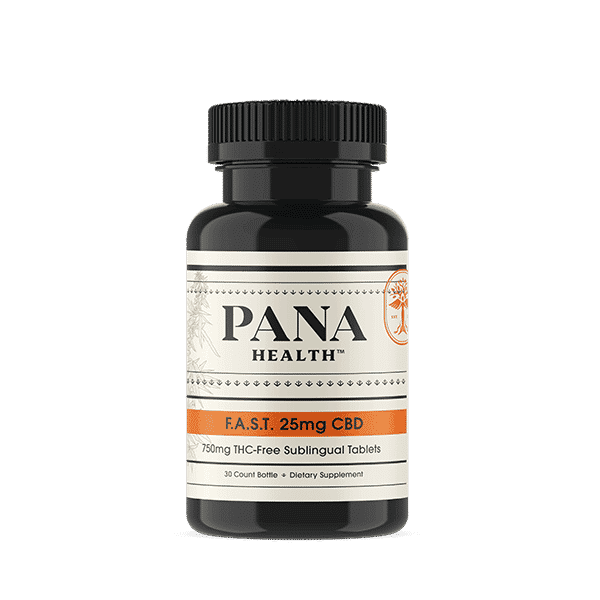
Secondly, you cannot overdose on THC or CBD. There has never been a reported death directly from the Cannabis sativa plant. In fact, when the Chief Administrative Law Judge at the U.S. Drug Enforcement Administration (DEA), Francis L. Young, ruled on marijuana rescheduling in 1988, he stated, “in order to induce death, a marijuana smoker would have to consume 20,000 to 40,000 times as much marijuana as is contained in one marijuana cigarette. A smoker would theoretically have to consume nearly 1,500 pounds of marijuana within about fifteen minutes to induce a lethal response.” This, of course, would be physically impossible. Now that those concerns are out of the way, let’s move on!
Safety Concerns of THC
While THC is considered to be safe with few side effects, there are some causes for concern. The main concern is damage to the lungs caused by smoking marijuana. If you remove the smoking aspect altogether and use edibles, for example, there are still some causes for concern. First of all, you should be over the age of 21 before you use ingest any sort of THC recreationally. Studies have shown that marijuana can affect brain development in children and teenagers. Therefore, THC should only be consumed if you are over the age of 21.
Chronic or heavy users are more susceptible to possible side effects. In a 2013 study, a chronic user was defined as someone who at least smoked one marijuana cigarette (joint) daily. The study suggested that chronic THC use may result in problems with short-term memory, difficulty learning, and issues with attention. However, the study was inconclusive and stated more research needed to be done. There is no research suggesting that these effects are long-term for adults.
Safety Concerns of CBD
As discussed above, CBD comes from the Cannabis sativa plant and unlike THC, it is non-psychoactive; meaning it will not get you high. CBD is usually produced in the form of an oil but has also been made into other products like topicals, vape oil, edible products, capsules, and oil capsules. The main safety concern when it comes to CBD is vaping. We do not recommend vaping CBD at this time until more research is done on the effects. In general, smoking anything is not good for your body. Therefore, when ingesting CBD, we recommend using CBD oil, capsules, or edibles.
CBD is well tolerated by the body and rarely causes any serious side effects. Of those that have experienced them, the most common ones reported are dry mouth, diarrhea, reduced appetite, drowsiness and fatigue according to the Mayo Clinic. CBD may also interact with certain prescription medications such as blood thinners. Therefore, it is a good idea to talk to your healthcare professional before you begin any new health regimen. The Food and Drug Administration has approved several CBD-based medications to treat severe seizure disorders.
Safe ways to consume
There are very few safety concerns when it comes to THC and almost none when it comes to CBD. With either option, you should try to avoid smoking or vaping if at all possible. Instead, opt for oils, tinctures, edibles, or capsules. THC is psychoactive and therefore, will give you a “high” effect. Therefore, it is important to avoid driving or operating any heavy machinery. Chronic use of THC may also result in short-term problems with memory, attention span, and learning. If you do use THC, be sure that it is legal in your state, as it does vary.
CBD is well tolerated by the body and may offer several potential benefits such as anti-inflammatory effects and stress reduction. While side effects are rare, some CBD users have reported diarrhea, fatigue, dry mouth, and drowsiness. Overall, CBD is considered to be safe according to the World Health Organization’s 2017 report. There is no worry about overdosing or taking too much. However, for best results, follow the directions on the packaging of your product. You may find that you need to adjust your dosage up or down to get the desired effect that you are looking for. We recommend making small adjustments at a time to find the dose that works best for your body.
The safety concerns of THC and CBD are both minimal. They offer far more benefits to many people than they do any side effects. If you are worried about possible side effects, we recommend you talk with your healthcare professional.


